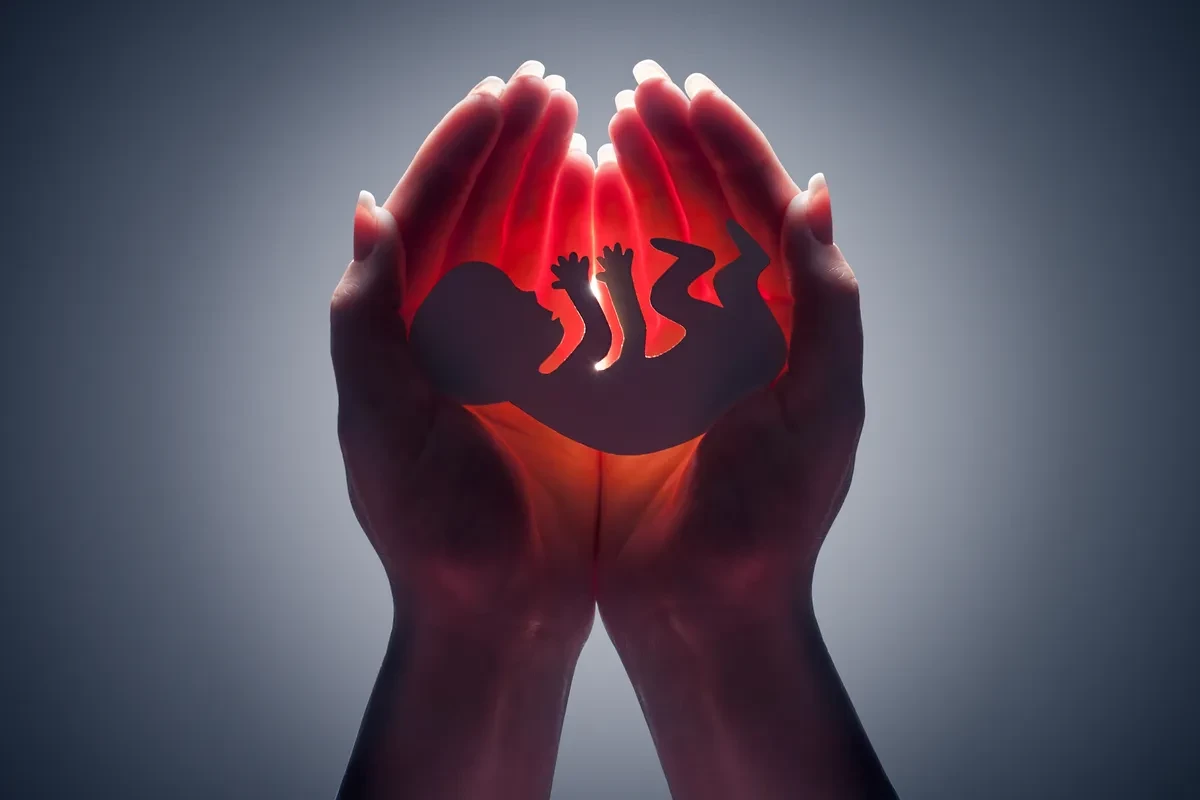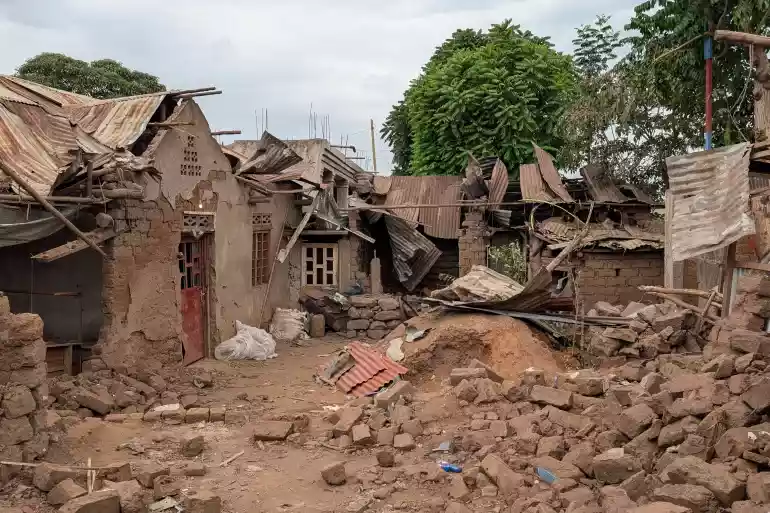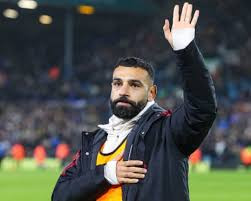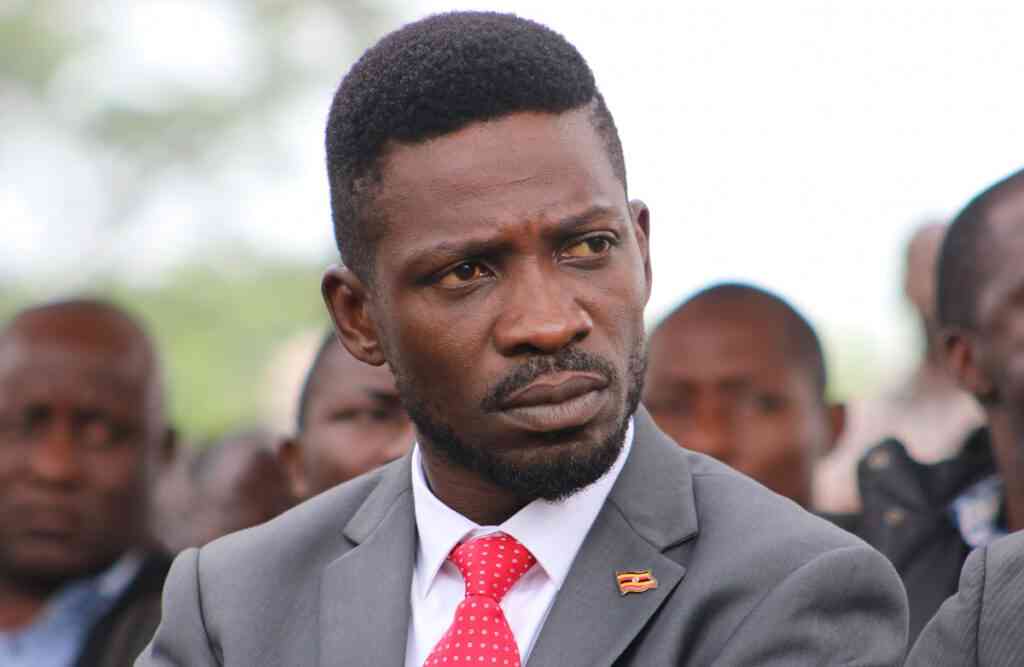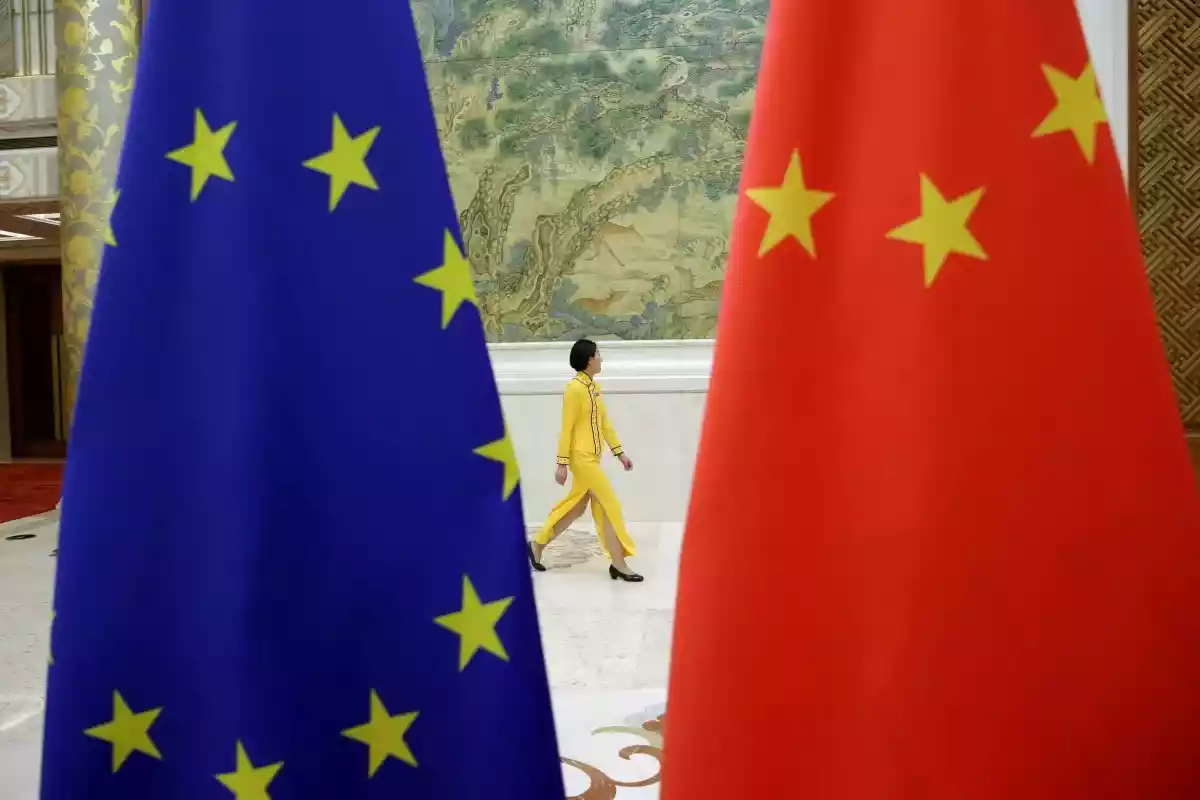
Two weeks out from a crucial summit in Beijing, frustration is mounting in Brussels that China is not taking EU concerns on trade and geopolitics seriously.
Trade tensions are threatening to bubble over, as the bloc considers action against Chinese subsidies of electric vehicles, wind turbines, medical technology and solar equipment.
European Union leaders rail against overcapacity in the Chinese economy which they fear will be exported to Europe, while rumours swirl around the use of the new foreign subsidies regulation to stymie Chinese battery giant CATL’s massive investments in Hungary. And serious concerns persist about China’s close ties to Russia.
At the same time, a series of Chinese-backed events in the city promoted closer partnership, without addressing the many concerns held in EU institutions.
The exasperation came to the surface on Thursday at another event hosted by Chinese diplomats to toast 20 years of a “comprehensive strategic partnership” with the EU.
A glossy magazine was printed for the occasion, filled with long articles about how the two sides needed to get along, and touting ground for collaboration.
But officials clashed over subsidies and Beijing’s alleged use of economic coercion against Lithuania over Taiwan, suggesting the EU-China Summit could be a bruising affair.
“After 20 years of comprehensive strategic partnership, in our eyes, in Chinese eyes, we are closer to each other, but maybe not to the case for the Europeans, because you see us as systemic rivals all of a sudden,” veteran Chinese diplomat Ma Keqing said at a Friends of Europe forum.
- The brains behind Matavire’s immortalisation
- In Full: Nineteenth post-cabinet press briefing: July 05, 2022
- Dispute erupts over Mathe chieftainship
- Festival amplifies new voices
Keep Reading
“Actually, we were different, many, many years ago, and who have been different for the whole process of our relations. And now, suddenly we have become systemic rivals … so I would like to say that we should have more dialogue and more mutual trust.”
The tone of the event prompted one senior EU official to interject from the audience.
“Dialogue is necessary, but it is not enough. We need also to see that the results of those discussions materialise in tangible rebalancing of the relationship,” said Eva Valle Lagares, the EU’s top trade official for China.
“Trust is not built with actions such as blocking all trade with Lithuania. Trust is not built by broadly formulated export controls on key materials that are essential for the green transition, that are formulated in a very broad manner with very non-clear security justifications.”
Earlier at the event, Chinese ambassador to the EU Fu Cong had made a rare explicit admission that Beijing had officially punished Lithuania for hosting a controversially named Taiwanese diplomatic office in Vilnius. China’s countermeasures ranged from downgrading its embassy in Vilnius to blockading trade.
“This concerns one of the fundamental principles of Chinese foreign policy, which is the one-China policy. So if a country actually harms that basic principle, we will take responsive actions, I think that is understood,” Fu said.
Asked by the Post whether China was open to normalising ties with Lithuania, Fu said he was not “privy to the diplomatic negotiations”.
The EU and China are embroiled in a World Trade Organization dispute over what Brussels says was an overnight Chinese embargo on all Lithuanian exports. Beijing has claimed, in defence, that its importers simply do not want to buy goods from countries that disrespect Chinese sovereignty.
Fu also clashed with top EU trade officials over subsidies. He dismissed EU concerns that China was exporting the overcapacity in its manufacturing sector, a charge angled by officials, businesses and economists.
“Chinese companies selling cars in Europe does not by itself signify overcapacity … if finding an overseas market can be interpreted as overcapacity domestically, what are the European companies doing in the Chinese market?” Fu said.
“For instance, Mercedes have been selling cars to China for decades. So are you saying that there is an overcapacity on their part? They are selling cars because they have overcapacity domestically? I don’t think that logic stands.”
The remarks drew an annoyed response from Maria Martin-Prat, the deputy director general for trade and one-time lead negotiator with China, who just a few years ago had the task of defending the now-collapsed investment deal with Beijing in public.
“We need to talk but also need to acknowledge realities,” she said, adding that it was not “difficult” to show where the problem was.
“We don’t have a problem with anyone selling goods in our market. The European market is a very open market, which should not be taken for granted. When we have a problem is when there are practices that distort the level playing field.”
The exchanges suggest little common ground has been found during recent months of extensive diplomatic exchanges, during which eight EU commissioners travelled to Beijing.
EU sources privately admit there will be few tangible outcomes from the summit on December 7 and 8 in the Chinese capital. There are concerns that it may be another “dialogue of the deaf”, the term used by Brussels’ top diplomat Josep Borrell to describe last year’s edition. Three sources said that as with the previous two summits, there would be no joint statement in Beijing next month.
The date for the summit was set quite late, and the political capital needed to negotiate a statement would not match anything that could be achieved, one of the sources said. A second said that any official document would just gather dust in a cupboard afterwards, so it was seen as a waste of time.
A third diplomatic source said the statement was never discussed, and suggested that holding the summit was a “deliverable” in itself. “When you have a summit with Canada or Australia you’re expecting a list [of outcomes] as long as your arm, but nobody expects that here.”
Attendees of the events noted that the two sides were talking at cross purposes, with the EU “bringing hard evidence” and specific concerns only to be met with “Chinese generalities and pleasant rhetoric”.
“I suspect it’s exactly how the summit is going to go, too,” one non-EU diplomat said.
Sari Arho Havrén, a RUSI associate fellow based in Brussels specialising in China’s foreign relations, said: “It was like driving on two opposing lanes, China repeating their talking points over and over again, the EU calling their bluff.
“The audience – Europeans – have awakened to the reality and it’s increasingly hard for the Chinese party to keep convincing them otherwise.”

